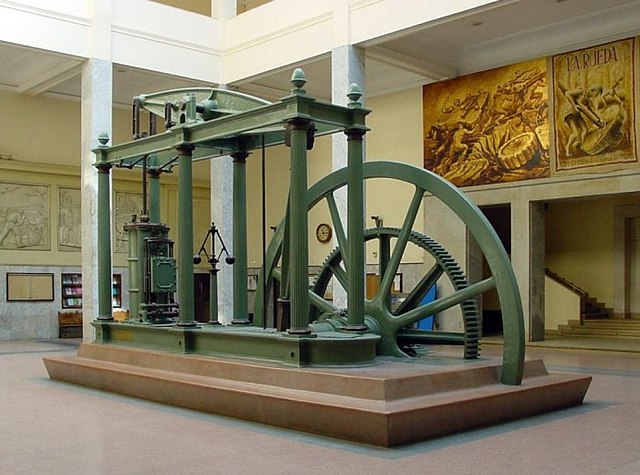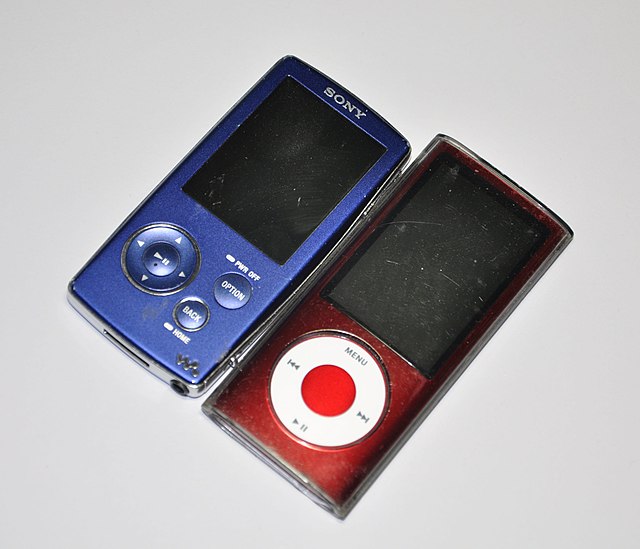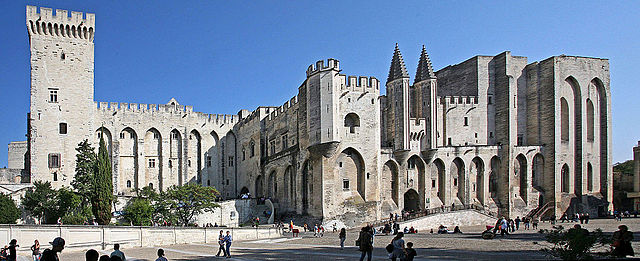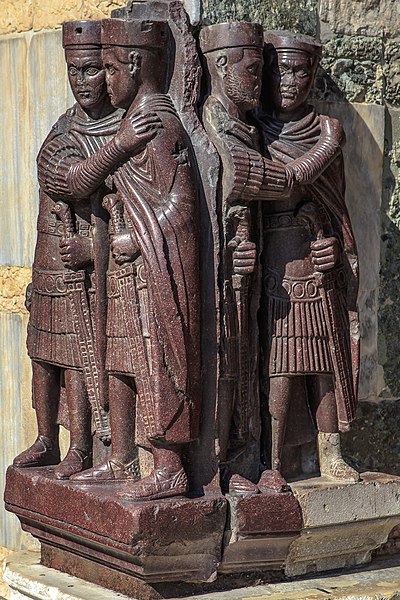The modern era or the modern period, also known as modern history or modern times, is the period of human history that succeeds the post-classical era, which ended around 1500 AD, up to the present. This terminology is a historical periodization that is applied primarily to European and Western history.
A Watt steam engine in Madrid. The development of the steam engine started the industrial revolution in England. The steam engine was created to pump water from coal mines, enabling them to be deepened beyond groundwater levels.
The rise of MP3 players, downloadable music, and cellular ringtones in the mid-2000s ended the decade-long dominance that the CD held up to that point.
India's Prayag Kumbh Mela is regarded as the world's largest religious festival.
Chinese medics in Huanggang, Hubei, in 2020
In the history of Europe, the Middle Ages or medieval period lasted approximately from 500 AD to 1500, although some prefer other start and end dates. The Middle Ages is the second of the three traditional divisions of Western history: antiquity, medieval, and modern. Major developments include the predominance of agriculture in the economy, the exploitation of the peasantry, slow interregional communication, the importance of interpersonal relations in power structures, and the fragility of state bureaucracy. The medieval period is itself sometimes subdivided into the Early, High, and Late Middle Ages, and the early medieval period is alternatively referred to as the Dark Ages.
A stained glass panel from Canterbury Cathedral, c. 1175 – c. 1180. It depicts the Parable of the Sower, a biblical narrative.
Palais des Papes (Avignon, France)
One Zhiznomir's letter to a certain Mikula written on birch bark in the city of Novgorod in the early 12th century
Portrait of the Four Tetrarchs (now in Venice, Italy)








